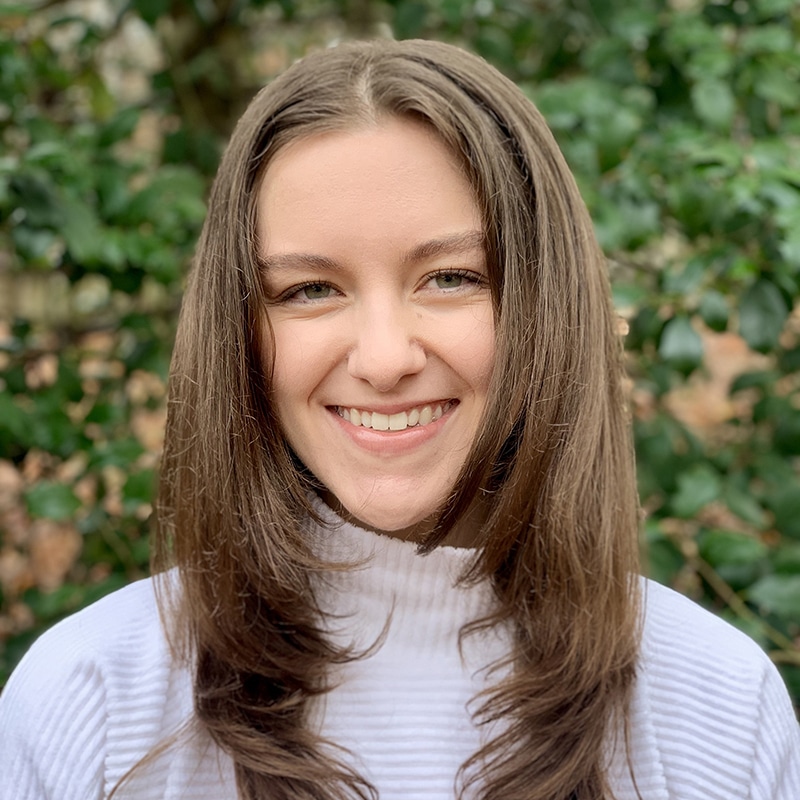Julia is a psychotherapist at Wildflower. Julia’s clinical areas of specialty include anxiety/OCD, high sensitivity, and relationship issues. She has specific interest in working with athletes/former athletes, career issues/burnout, and those who identify as highly sensitive and/or neurodivergent. Additionally, Julia is currently pursuing certification in perinatal mental health. Julia obtained her bachelor’s degree from Lafayette College in Psychology and master’s degree in social work from Columbia University. Read Julia’s full bio here.
What inspired you to pursue a career as a psychotherapist?
I have always felt deeply connected to other people and had a sense as a teen that I wanted to work directly with people in some caring capacity. I have tended to seek out 1:1 connections and realized I do best in settings where I can engage with others at a deeper level. My strong interest to understand and learn with others compelled me to explore routes to being a psychotherapist.
As a psychotherapist, what part of your job is most satisfying?
Seeing clients develop more self-compassion and shift how they view themselves to a more accepting place feels incredibly exciting and fulfilling.
How would you describe your therapeutic approach?
My approach is warm, encouraging, and incorporates humor when appropriate. I aim to create a space that feels comfortable and invites exploration without judgment together.
Why do you believe that psychotherapy can help?
I believe that feeling seen and truly cared about is key in growing acceptance and in feeling open to making changes. Psychotherapy offers a space for people to engage vulnerably with another human and have guidance that includes tangible tools and new strategies they might not have tried in their lives.I enjoy working with sensitive, neurodivergent women, those struggling with OCD/anxiety, perfectionists, and former athletes. As a former college athlete and neurodivergent woman myself, I feel particularly drawn to supporting individuals in these areas to grow self-compassion, acceptance, and create meaningful, balanced lives.
What are some of your specialties and what drew you to them?
I enjoy working with sensitive, neurodivergent women, those struggling with OCD/anxiety, perfectionists, and former athletes. As a former college athlete and neurodivergent woman myself, I feel particularly drawn to supporting individuals in these areas to grow self-compassion, acceptance, and create meaningful, balanced lives.
What is one thing about psychotherapy you wish everyone knew?
I wish people knew that psychotherapy is not solely having someone listen to you without receiving any guidance or feedback.
What is your motto or personal mantra?
There is no one right way to do life
What are your favorite self-care activities?
Yoga, going on nature walks, spending time with friends, traveling, being with my cat.


